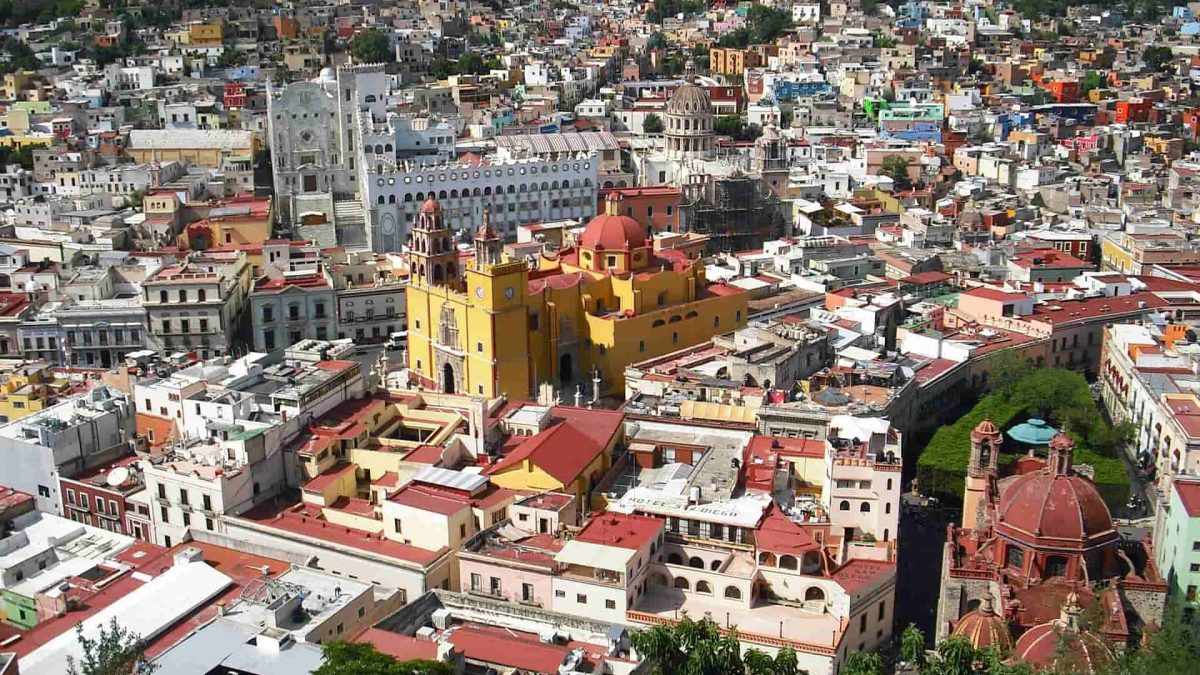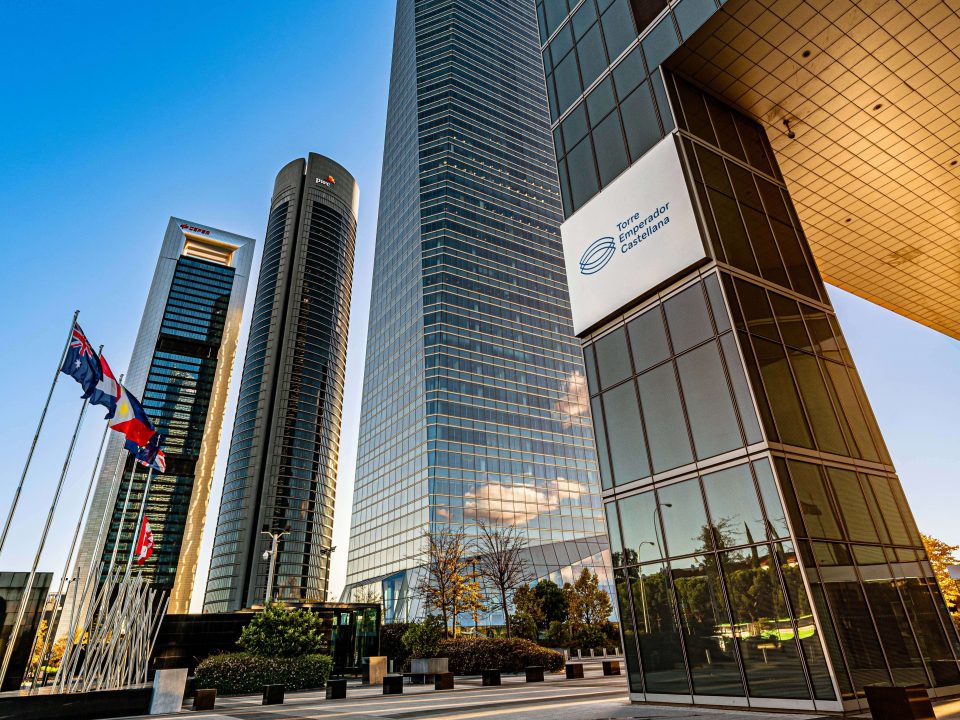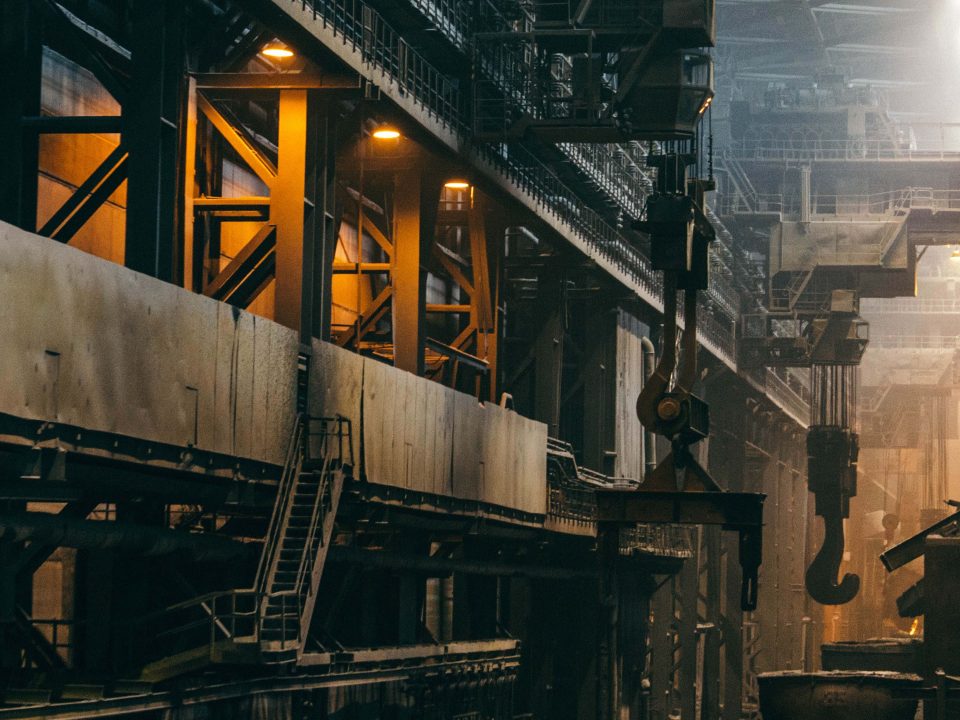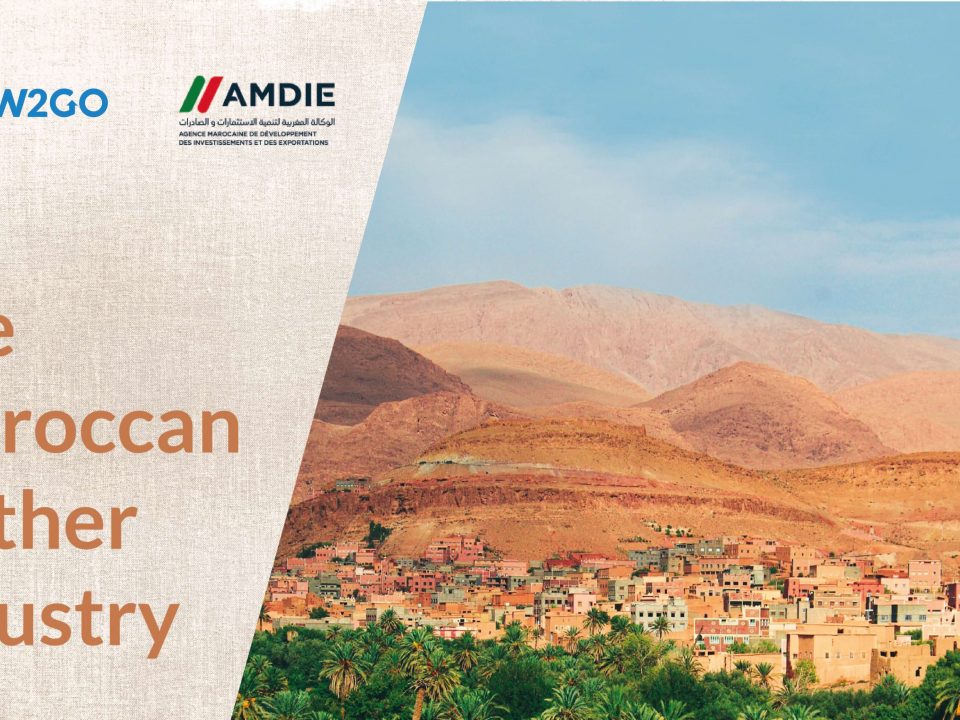And so why not Mexico?

World Olive Oil Exhibition 2019
March 27, 2019
How to get the most out of a trade fair – preparation and follow up are key
September 30, 2019After Brexit, British companies will have to get a lot better at selling in overseas markets. In Mexico, for example.
If, as seems likely, UK companies lose their privileged access to the European Union, they’re going to need to work much harder in other markets that haven’t up to now been the focus of their attention – Mexico should be near the top of their list.
Mexico shares nearly 2,000 miles of land border with the USA, and that fact, for good or for bad, conditions many aspects of both its economy and its politics. But beyond the headlines about immigration and the wall, it’s an intriguing country, both for its past and its present. Uniquely among the world’s democracies, Mexico was ruled continuously for 71 years by the same party, the PRI (Institutional Revolutionary Party). The oxymoron in its name is pertinent; born out of the revolution, the party turned into an immovable institution.
The PRI has lost its iron grip on power in recent years, but today’s Mexico retains many of the contradictions and complexities of its famous revolution. It is also on course to be one of the biggest economies in the world. Currently the 11th country by population and the 15th by GDP, Mexico is expected to overtake both Germany and Japan to become the 7th or 8th largest economy by 2050. For British companies looking for new export markets, Mexico shouldn’t be ignored.
Until now it’s probably fair to say they’ve paid it relatively little attention. In 2017 the UK was the 17th largest exporter to Mexico, with sales of $2.43bn, behind countries such as Thailand or Vietnam. Germany’s exports were worth $16.42bn, nearly 7 times those of UK.
The biggest recent UK export success in Mexico was a contract awarded to bus manufacturer Alexander Dennis Ltd in 2017 to supply 90 low-emission double-deck buses to Mexico City. Without doubt the deal is a good one, showcasing British technology and demonstrating how Government, through its Export Finance Mexican Peso guarantee, can play a useful role. Yet nobody should get carried away by the Government trumpeting the deal as an example of how a post-brexit Global Britain can compete with the best – Mexicans so far have not been queuing up to buy British, so something will have to change to make them do that. And if you take away the rhetoric, it’s not clear how Brexit will actually help British companies do any better.

Away from the clichés…
A look at economic statistics throws up some surprises for those not too familiar with the country. That it produces more Tequila than any other nation won’t come as a shock to anyone, but did you know that Mexico is also the number one beer exporter in the world? USD 409bn of goods exports put Mexico firmly in the first division of exporting economies, in 12th place, and not too far behind the UK. And it’s not all about beer and tequila: medium and high-tech exports make up 23% of GDP, a similar level to Germany and South Korea, and well above the 12% for Italy & France. It is the world’s 3rd largest exporter of IT services, and computers. And it’s 5th in the world for car manufacturing.
It’s true that one of the defining characteristic of the Mexican economy is its huge dependence on its northern neighbour – about 80% of Mexican exports go to the US, and many of the manufacturing plants are owned by US Corporations taking advantage of low wages. But that dependence may actually be an opportunity for countries like the UK. Mexicans are already aware that some degree of diversification of their client base away from the USA makes sense. The recent threats from the Trump administration to impose tariffs because of immigration will only further encourage diversification.
The election of Lopez-Obrador may create some uncertainty. One of his first actions was to cancel the already-started Mexico City airport project; another was to axe its Trade and Investment Agency Promexico. But short term political worries shouldn’t deflect UK companies from targeting Mexico. It is one of the most open Latin American economies and the easiest country in Latin America to do business, according to the World Bank.
And opportunities should be plentiful; in infrastructure for example, from roads and ports to water and sanitation, Mexico need to invest heavily if it’s to take up its place at the top table of world economies. That’s not to say it will be easy – licenses and paperwork can be a formidable barrier, but if UK companies are serious about being `global’, then a country which may well be the 7th economy in the world in just 30 years might not be a bad place to start.
The How2Go team in Mexico is led by Lloyd de Villamor. Contact us to speak about your plans in Mexico.




